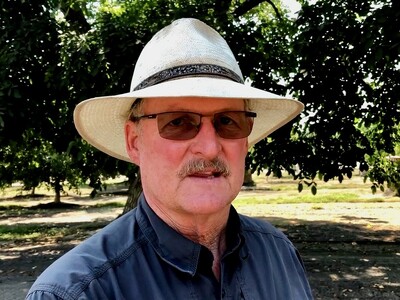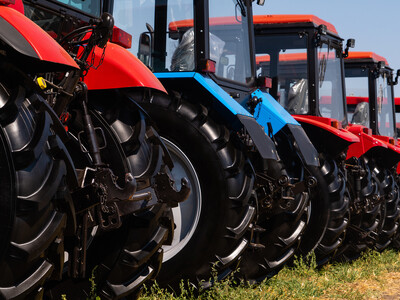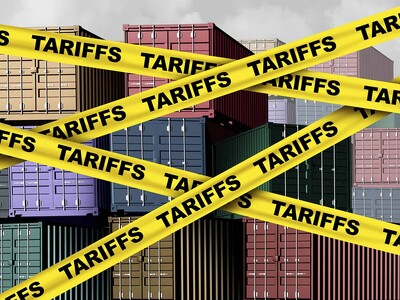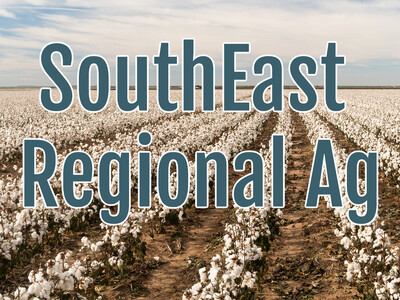Opinion: Carbon Sequestration Is A Distraction

Tim Hammerich
News Reporter
Agriculture is being called upon to help sequester more carbon from the atmosphere into the soil. The rise of this idea has become so popular that in some cases it overshadows the real opportunity to lower the underlying carbon footprint of food production. Dr. Matt Wallenstein sees opportunities where agriculture can decarbonize.
Wallenstein… “The low-hanging fruit is to reduce greenhouse gas emissions from agriculture, which are substantial. Agriculture, including transportation, is about a third of our global emissions, and it's going to become an increasingly large part of that emissions pie, as other sectors like transportation and energy decarbonize. So we have an important job to do. Let's, let's focus on the low-hanging fruit first of reducing those greenhouse gas emissions, which include emissions that come directly from soils. I think there's a couple things I would focus on. First of all, what can we do to increase nitrogen use efficiency and reduce greenhouse gas emissions from soils? And soil carbon accumulates slowly over time. It's not a rapid process. And the amount that we can sequester in soils is relatively small relative to the amount of greenhouse gases that come out of the soils. But I also think it can be a distraction to spend our energy and time measuring soil carbon, which is difficult because it changes so slowly on a relative basis. It's hard to measure those changes over time.”
Dr. Wallenstein serves as the chief soil scientist for Syngenta Group, helping farmers around the world improve their productivity and profitability through science-based innovation within soil health.












